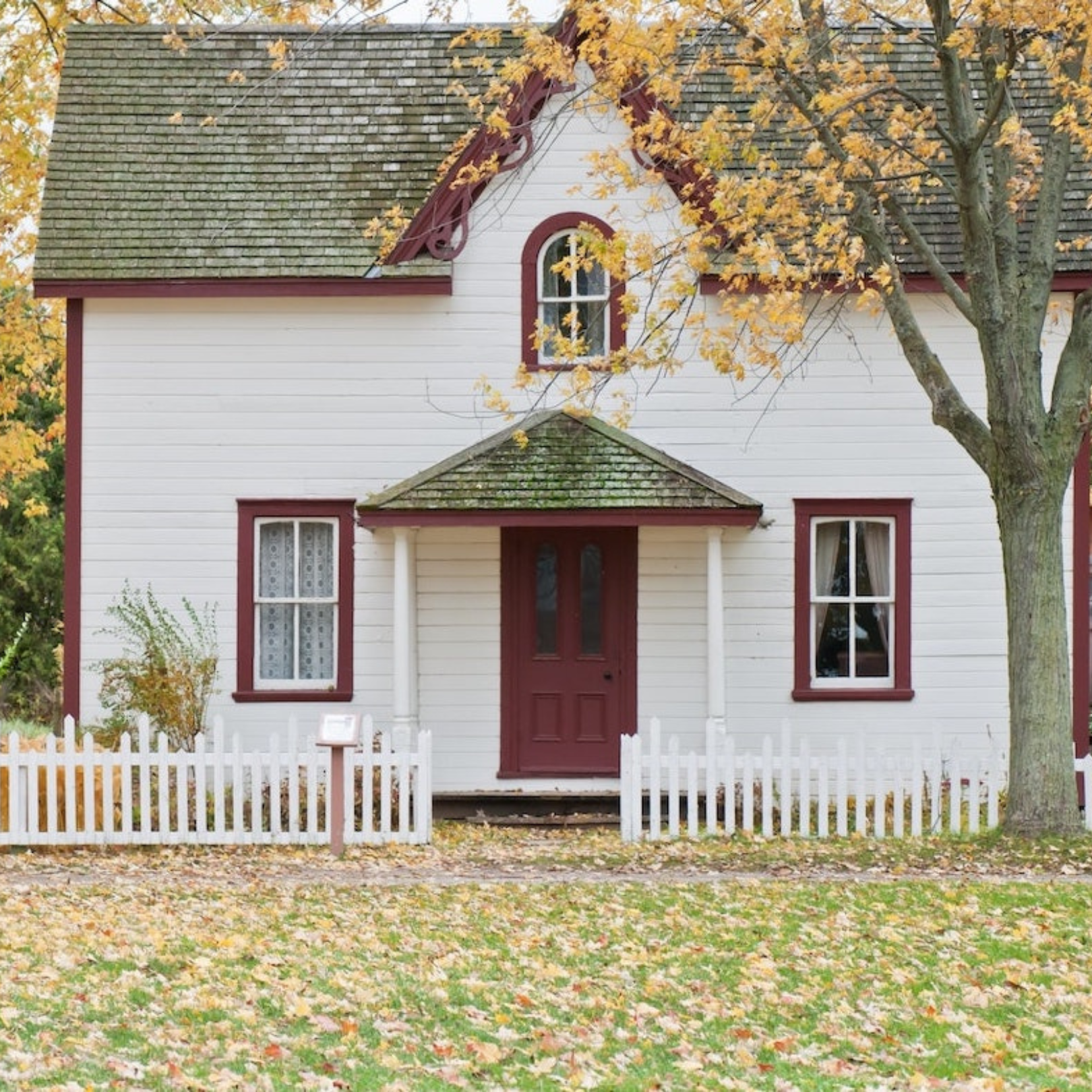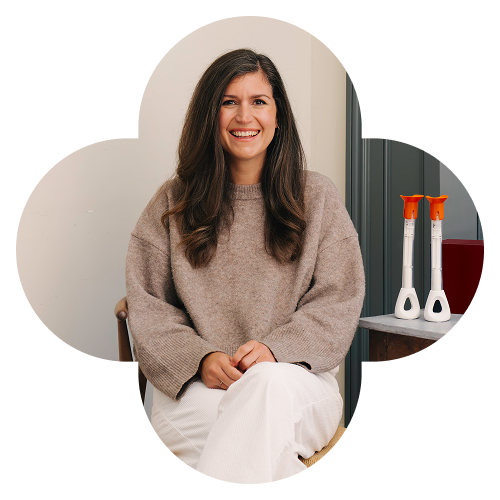Family planning – it doesn't matter if you want to have one child or three it's important to know when you need to start trying.
Of course, everyone is different. There are lots of factors at play. And while statistics can create unnecessary panic (bad!), we understand that they can also guide your decision (good), so here’s some intel.
This academic study suggests that the age for women and birthing parents to have a 90% chance of having three kids without in-vitro fertilisation (IVF) is 23. With IVF, this rises a little to age 28, although there’s still a 50% shot of success at 36.
Curveball? Remember to take it with a pinch of salt, and read on for our tips on how to plan ahead.

The tables above show the maximum age of the female at which couples should start trying to conceive based on how many children they want and whether they are using IVF to conceive, in order to have a 50%, 75% or 90% chance of success. (Example: if a couple doesn’t want to use IVF and wants 2 children, they need to start trying when the woman or birthing parent is 27 years old in order to have a 90% chance of success.)
What You Can Do, Starting Today
- If you want a big family and you’re settled in life but you keep telling yourself “next year”, you could consider rethinking your timelines.
- Look after your health. Really. Exercise, food, limiting alcohol, it all helps.
- Set up a savings fund for potential IVF treatment. It’s no fun but you may well thank yourself because NHS availability is a bit of a lottery. (The situation is complicated.)
- This isn’t cheap either, but you could consider looking into egg freezing.


Share:
Understanding egg freezing
Acupuncture and fertility - can it actually help?